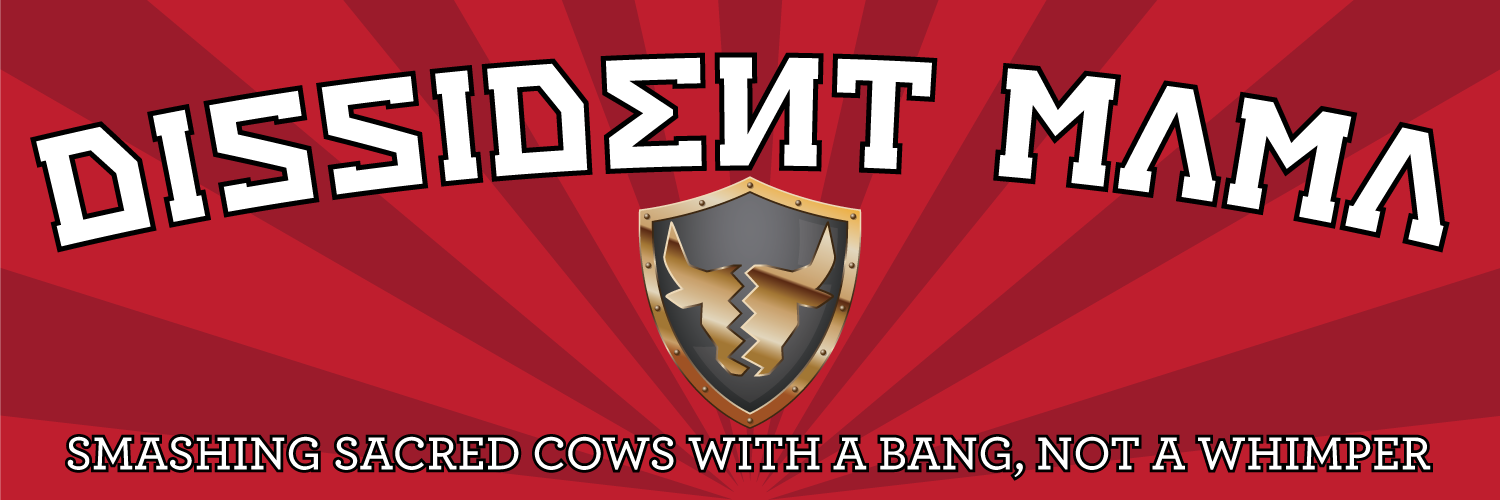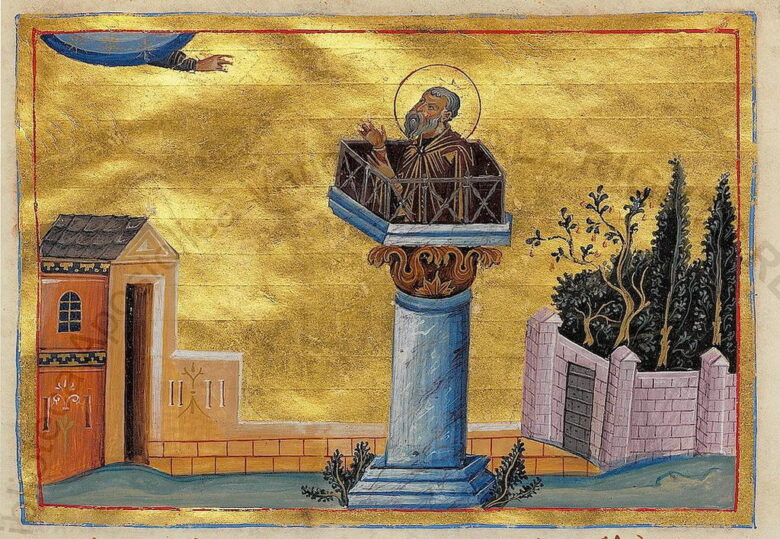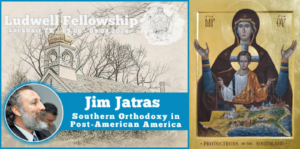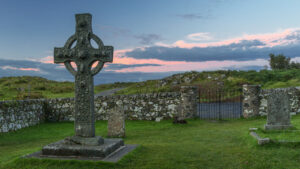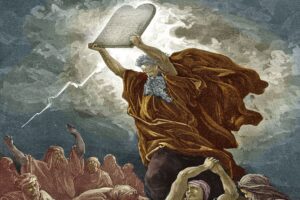By Walt Garlington
Jeremy Matthews entered his Northern Virginia home,
A typical deracinated Southern creature,
Pleased with another day’s work at the DHS,
Undermining threats to the Establishment in D.C.
On came the lights, on came the television.
The imagery of the news glided smoothly across the screen,
Following the script he and his colleagues had sketched.
Most of it was easy enough to write by now,
Formulaic as an FM pop song –
Praise the Ukraine, execrate Russia;
Trust in Science, disparage the dissenters;
Denigrate the South as an obstacle to Progress …
He started to yawn; “A little too familiar,” he thought.
But then something unexpected did befall him.
Charlottesville. Lee. His statue broken.
Broken and melted. That face! That face!
Mournful and haunting beyond the tongue’s telling!
He looked away from the screen; he changed the station;
But still that piteous, noble face remained,
Glowing with its golden light, etched in his mind.
He did what he could to forget –
Watched a football game, ate a meal.
But when sleep fell upon him, the image returned.
The visage tormented him, drove sweet rest
From his weary limbs, disturbed his soul.
The Holy Ghost spoke to him then, echoed through his nous,
“Many have been your evil works,
For which you suffer here tonight.
Yet you are not left bereft of hope.
If you would atone for lies and wickedness,
Make your abode atop the pillar
I will show you on Monument Avenue.”
Jeremy jerked awake, shuddering with fear,
But comforted by the promise he had heard.
He hastened to Richmond in the night,
Saw flames of fire hovering above the statue
Of a pagan goddess that had replaced JEB Stuart’s.
He searched the grounds; he found a ladder,
He knew not how (or perhaps he did),
And some tools to boot. With them he climbed
And broke the statue loose, sent it crashing to the ground.
The earth made no reply; the animals paused to look, then left.
From branches, bushes, and flowers he fashioned a Cross
And secured it high upon the pillar, upon its very crown.
With the Cross of Christ beside him, now his sole support,
He began his daunting journey of repentance.
Standing upon his feet, day and night,
He pleaded with God for mercy,
As heat and cold, rain and snow,
Bore down upon him. The despoilers of the South,
Learning of his deed, likewise set upon him,
Grieved at the fate of the goddess.
They mocked and cursed, threw rocks and glass,
But he only knelt and spread wide his arms,
Welcoming their attacks. His Christ-like meekness
Baffled them, and soon they departed in disarray.
Then the gawkers came, and the TV camera crews,
And social media spread his fame.
But all this he ignored, as he repeated deep within his heart
The prayer the angels had taught him to say:
“Lord Jesus Christ, Son of God, have mercy on me, a sinner.”
Word of him reached a poor Shenandoah farmer,
Whose livestock had taken ill, and some were dying.
“Perhaps this man is a prophet sent by God
To help us in our distress,” he mused,
And went to see him straightaway. As he approached
The pillar, Jeremy hailed him, “Farmer Johnston!
Have no more anxiety. Your flocks and herds
Are made whole, in the Name of the Father, Son, and Holy Ghost!”
An unexplainable peace filled him as Jeremy
Made the Sign of the Cross over him. He had no doubts
That Jeremy’s pronouncement would prove true;
He hurried home, found his sick animals well
And the dead given back their breath: “Thanks be to thee, O God!”
After this, multitudes from across the South drove and flew,
Walked and rode to Jeremy, the new prophet,
To hear a profitable work or ask his guidance;
To find healing or deliverance from evil spirits.
Many now stayed at the base of his pillar,
Becoming his disciples. He settled them in monasteries,
One for men and own for women, in the adjacent area,
And hymns to God filled every hour of the day and night.
Dixie was undergoing a true Christian renewal,
Horrifying her enemies in D.C.’s corridors.
Their fear and envy and anger overwhelmed them.
They sought to eliminate him and his followers,
Immediately, without delay; feverishly fabricated
A calumny, of a dangerous cult leader
Menacing society, and fed it to the press,
Who dutifully repeated every word with nary a question.
Then came the armored vehicles, and a hovering gunship,
And Jeremy said to his disciples, “Fear not
Those who can only harm the body. Trust in God
Who created both soul and body and in these latter times
Has renewed them through His life-giving Birth, Death,
Resurrection, and glorious Ascension!”
And silently, within his heart, he prayed to the Savior,
“O loving Master, accept in your customary goodness
Our baptism in blood for the remission of our sins.
Grant that even I, who am worse than every man,
Might have even a small share of eternal blessedness
With You and all Your holy saints and angels in Heaven.”
His prayer ended; the guns opened fire.
“Lord, receive our spirits,” he cried, and fell from his pillar, dead.
When his body touched the earth, it mourned, shook violently, and cracked.
A chasm opened, which swallowed Jeremy the Prophet
And the bodies of his disciples, his holy pillar,
Together with the fiends who had slaughtered them in cold blood
As Cain had Abel; a terrible gale of wind crushed the copter
Upon the ground. The ruling elite were ecstatic,
All of Dixie dumbfounded. And then the Southern uprising began.
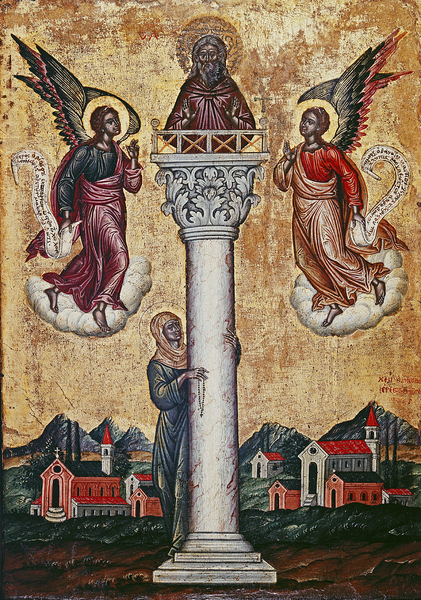
Walt Garlington is a chemical engineer turned writer and editor of the website Confiteri: A Southern Perspective. His other poems include “Constantius Lee,” “Zebulon Lee,” and “Memorial Day in Dixie,” and “Lee in Agony.” Be sure to check out Garlington’s most recent part-history, part-apologetics, all-cultural-critique essay at Orthodox Reflections.
